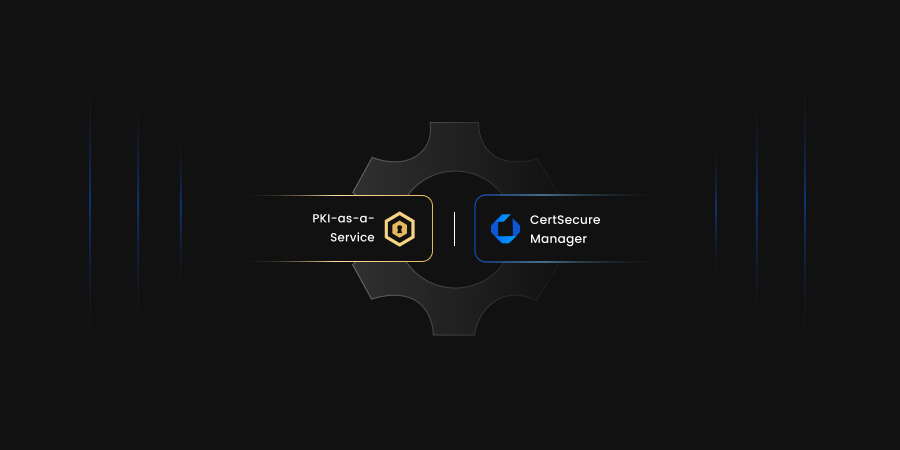What is Code Signing?
If you are a CISO or holding an equivalent position for any organization, one of the biggest nightmares would be failure of line of defense for data security. One such important module relevant to data protection is Code Signing. Organizations have to be aware of threats posed to Code signing process and implement reasonable recommendations for tackling the issues.
According to a study conducted by Venafi, it is understood that out of 320 participants from USA, Europe and Canada more than 28% implement a defined code signing policy for protecting certificates used for signing code. There are high chances of forging and stealing of certificates by cyber hackers when proper policies are not enforced for code signing.
Let’s discuss few scenarios of threat landscape for “Code Signing” when appropriate code signing policy is not in place.
Potential Threats to Code Signing
-
Theft/Loss of Private Signing Keys: Private signing keys have to be protected with utmost care. Many incidents are reported regularly due to theft of private signing keys. Cyber criminals with access to these signing keys might masquerade malware/malicious code as an authentic code or software. These incidents would cause huge financial loss as well as brand reputation loss. A single compromised private key can cause devastation to the entire firm’s business.
Real world incidents due to theft of private signing keys caused lot of damage for the affected firms. Governments also are affected by the loss of private keys and one of the classic examples is the attack on Malaysian Government during November 2011 where legitimate certificates stolen were used to sign malware.
-
Compromised Certificate Authority: Direct attack launched on certificate authority (CA) issuing code signing certificates can cause severe damage to the firm using the certificates. Hence, it is always advisable to ensure the best practices are followed by CAs issuing certificates. Cyber attack incidents on CAs can even lead to the bankruptcy of the firm issuing certificates.
One such incident happened to a Dutch certificate authority – DigiNotar in 2011. Certificate Authority was compromised by hackers and issued fake certificates for many reputed websites which eventually resulted in bankruptcy of DigiNotar.Best practice is to perform assessment on the vetting processes used by Certificate authority and data security measures in place before choosing the CA.
-
Use of insecure cryptography governance controls: Usage of weak and insecure cryptographic algorithms for code signing process would create vulnerabilities which can lead to cyber attacks such as brute force attack to hack keys used for code signing. Poor governance controls can cause intrusions into development and production systems. These security lapses can cause malicious code to be signed and authenticated.
CISOs should consider implementing proper governance controls to create secure environment. Also, performing appropriate assessment of code signing processes would avoid any unprecedented breach.Venafi research survey on Code signing best practices and processes followed across US, Canada and Europe showed an astonishing picture about code signing landscape.
More than 50% of the respondents across US, Canada and Europe either do not have code signing processes defined or implementing informal process with inconsistency. This is a huge alarming concern for CISOs. 35% of the respondents do not have clear owner for managing code signing private keys.
In many cases, either development team or information security or both are managing private keys used for code signing. It is the responsibility of CISOs to consider hiring an in-house team or a consulting firm who possess expertise in cryptography and code signing processes for better and secure implementation of “Code Signing”.
If your organization is looking for assessment and/or implementation of Code signing, please consult info@encryptionconsulting.com for further information




